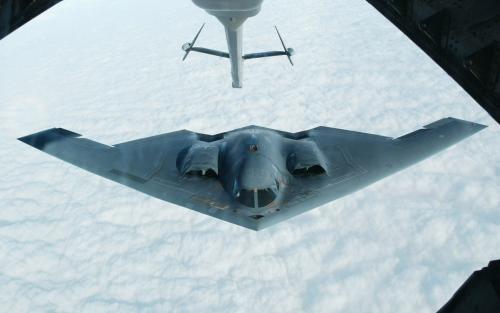Editor’s Note: This is the second in a week-long series highlighting Stephen R. Grand’s new book Understanding Tahrir Square: What Transitions Elsewhere Can Teach Us about the Prospects for Arab Democracy. Brookings will host a book launch for Grand, a nonresident senior fellow with the Saban Center– and former director of the Project on U.S. Relations with the Islamic World—tomorrow on April 23, 2014 (there’s still time to register here!).
We have been exploring the question as to whether Iran is vulnerable to renewed civic unrest, based on what we know of the history of democratization in other regions of the world. We noted yesterday that the Middle East was the outlier — the last region of the world to be buffeted by the winds of democratic change.
Today we consider from a comparative perspective the unique structure of Iran’s government. While the Islamic Republic, with the leading role its political system accords to clerics, may have once looked to some as the vanguard, today its particular brand of religious authoritarianism is also an outlier. In the late 1970s and early 1980s, the Islamic Republic may have been viewed — whether hopefully or fearfully — as a model for the future, but it now appears more and more a relic of the past. To date, only the Taliban succeeded for a time in erecting a comparable theocratic state in Afghanistan, whose excesses were deeply unpopular among its citizenry and who’s harboring of Al Qaeda made it an international pariah.
Around the world, as citizens become wealthier, better educated, and more exposed to the outside world, their attitudes towards political authority appear to be shifting as well. (The findings of the World Value Survey: worldvaluessurvey.org) They are less willing to defer to authority whether earthly or ecclesiastical, and more likely to demand a say in their own governance.
Whereas just forty years ago more than half the earth was covered with totalitarian or authoritarian forms of government, there has been a profound shift since. With the collapse of the Soviet Union and the rest of the Eastern bloc, totalitarianism largely has been swept into the dustbin of history — North Korea and arguably Cuba are the only remaining totalitarian states. The last ruling monarchies, outside the Middle East, can be found in tiny Brunei and Swaziland. And while plenty of authoritarian governments remain, even they are feeling the pressure to “look more democratic” by holding elections and creating at least the semblance of greater openness.
The limited polling data available in the Middle East suggests strong public support for democracy (perhaps in part because it is so lacking in the region). While many of those polled express strong support for religion playing a role in public life, there is even stronger support for democracy, suggesting they want to see it occur within a democratic context. When asked to choose a country whose political system they wish their own to emulate, they overwhelmingly cite advanced industrial democracies.
What this all means for Iran over the short term is difficult to define, but over the long term it suggests change is ahead.
The Brookings Institution is committed to quality, independence, and impact.
We are supported by a diverse array of funders. In line with our values and policies, each Brookings publication represents the sole views of its author(s).




Commentary
The Islamic Republic: Vanguard or Relic?
April 22, 2014